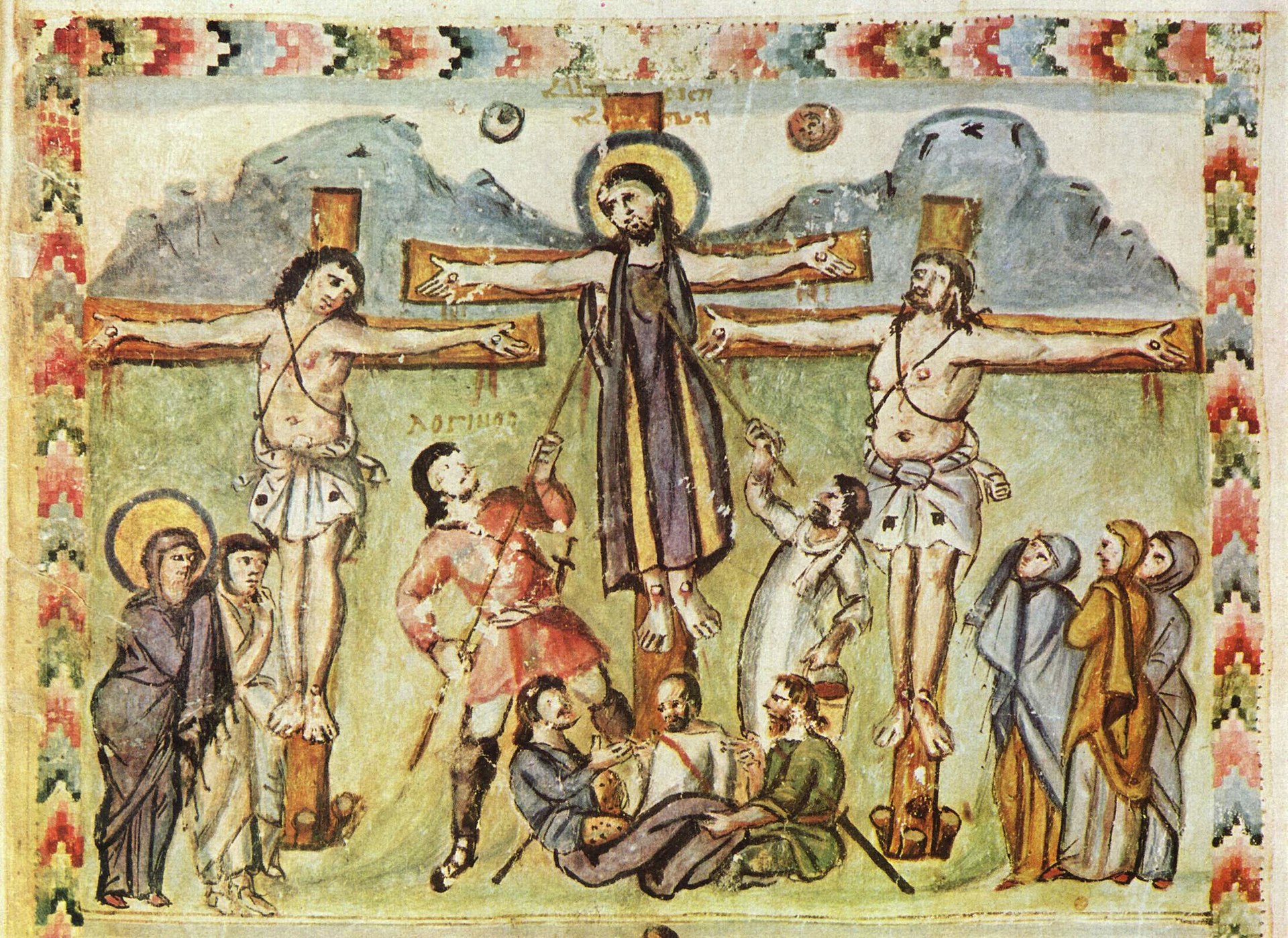Genesis 9:6 is a standard text used to support the principle of lex talionis (a life for a life). In this case, those who murder shall be killed. Although there is some debate over whether the text indicates that the one who kills is man or God, the principle is clear: those who commit murder deserve death. As Bruce Waltke points out, such a payment is a demand of God: “This is an obligation, not an option… Blood shed through homicide must be dealt with.”[1] Waltke argues that the obligation to punish murderers carries through to the prescriptions for atoning sacrifices in the Old Testament: “If the blood is not compensated by capital punishment or atoned for, it brings the Lord’s judgment on the land (Deut 19:13; 2 Sam 21:1; 1 Kings 2:9, 31-33).”[2]
The central demand God makes is for lifeblood and comes in the context of a dietary restriction, namely that Noah’s family should not eat the blood of animals. Blood represents the life of the creature including human creatures made in the image of God. Consequently, to take the blood of another human warrants the taking of the blood of the murderer. This is central to the atonement as described by the author of Hebrews who argues that if there is to be forgiveness, blood must be shed (Heb 9:22) and it is only the blood of Jesus that is sufficient to pay the price for sinners (9:12).[3]
[1] Bruce Waltke, Genesis (Grand Rapids: Zondervan, 2001), 158.
[2] Ibid.
[3] Michael Wechsler, “Genesis,” in The Moody Bible Commentary eds. Michael Rydelnik and Michael Vanlaningham (Chicago: Moody, 2014), 61–62.



